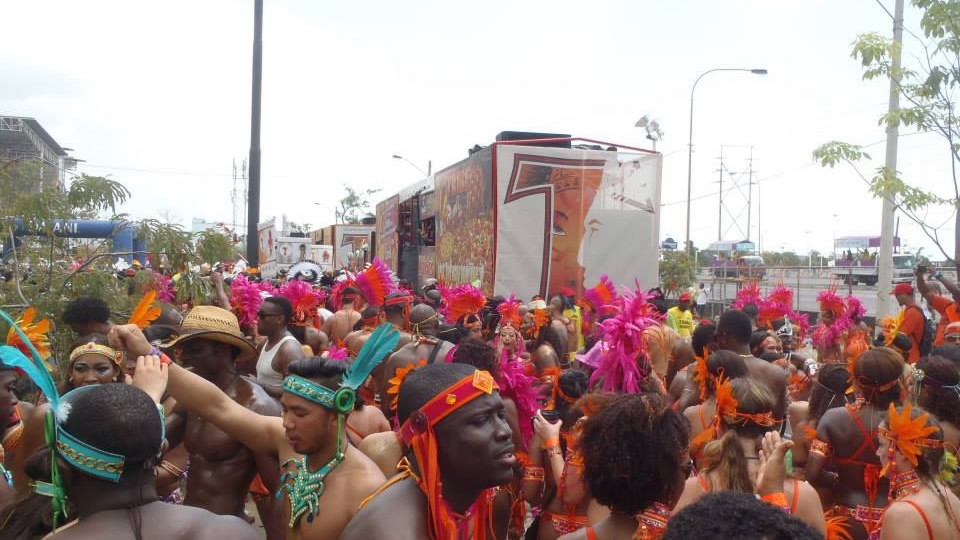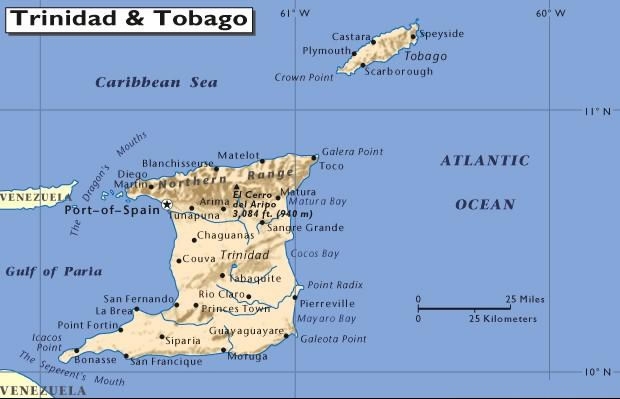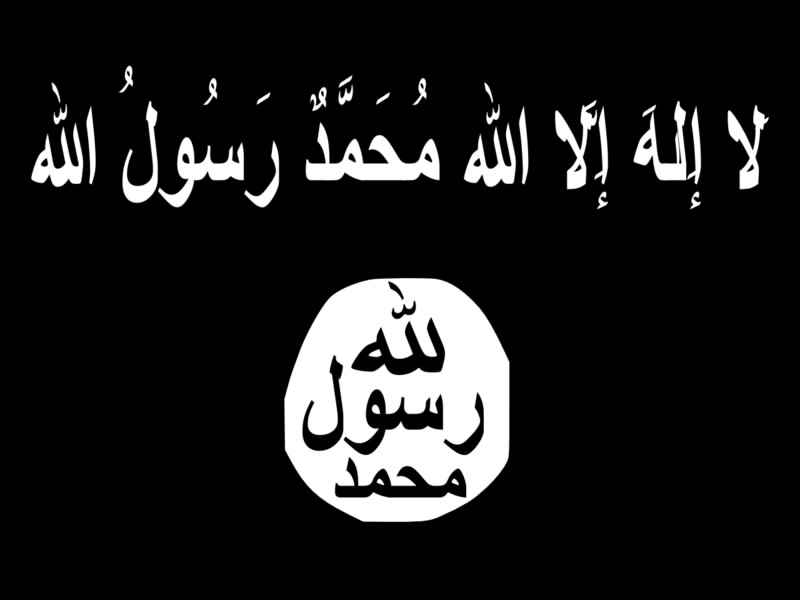
World
15:36, 10-Feb-2018
Carnival terrorism scare revives fears over Trinidad's ISIL links
By Bertram Niles

"Terrorists are very likely to try to carry out attacks in Trinidad and Tobago," the British Foreign Office says in a blunt updated travel alert for the Caribbean nation.
The advisory is not the kind of proclamation that you would expect to read about the birthplace of steel pan music. But it paints a disturbing picture of the two-island republic which had the highest per capita rate of ISIL recruitment in the Western Hemisphere, according to a 2016 United States State Department report.
Both Britain and the US advised their citizens this week to be on the alert for a purported plan to stage a terrorist attack on carnival's final two days – Monday and Tuesday – in the capital Port of Spain.
As the week was ending, local police announced they were questioning several suspects in connection with the alleged plot though they declined to give details about the detainees or the nature of the threat.
The Trinidad Newsday newspaper said, without citing sources, that the US embassy was a likely target.
But despite the arrests, the British alert warned that "an attack is still possible."
Washington is believed to be concerned about the possible influence in the nation of 1.3 million people of returning ISIL recruits, said to number more than 100. A handful are believed to have died in fighting.

Trinidad is 11 km off the northeast coast of Venezuela.
Trinidad is 11 km off the northeast coast of Venezuela.
According to a letter Newsweek magazine reported that it obtained in September 2017, Harry Sarfo, a German who returned home and is now in jail, said some of the Caribbean foreign fighters had become members of special ISIL units known as Jaysh al-Khalifa, or the Army of Caliphate.
When US President Donald Trump called Trinidad and Tobago Prime Minister Keith Rowley within a month of assuming office – to the surprise of many in the Caribbean – the ISIL link is believed to have been at the heart of their conversation.
A brief White House statement issued afterwards said "the two leaders reaffirmed the strong security partnership and agreed to continue close coordination in the fight against terrorism and transnational organized crime."
The US State Department report had acknowledged that there were no known indigenous or foreign terrorist groups
operating in Trinidad and Tobago.
But officials will likely always be mindful of an attempted coup in July 1990 that was spearheaded by a Muslim group, the Jamaat al Muslimeen, and brought rare international headlines for the energy-rich nation. The then prime minister was held hostage at gunpoint and the parliament and television station were placed under siege over six days.
Muslims make up about six percent of the population, which is mostly a mixture of Afro- and Indo-Trinbagonians.
The country's attorney general, Faris Al Rawi, has sought to downplay the threat of terrorism by returning jihadis.
“The number may look larger than somewhere else, but I don’t accept for one moment that we have a problem that is much larger than anywhere else,” he was quoted as saying by the UK's Guardian newspaper on February 2. “I don’t think that we are any more vulnerable than any other country is.”

The flag of ISIL, which gained scores of converts in Trinidad and Tobago
The flag of ISIL, which gained scores of converts in Trinidad and Tobago
The paper said the minister also dismissed concerns about further radicalization, arguing that many of those who traveled to Syria were simply criminals looking to return with an extra edge over rivals.
“There are many people who are willing to make a trip to a war-torn area just to say you have been there – for the ‘cred’,” he said. “You have to disaggregate the genuine jihadi – who may potentially die as a martyr for a cause – from a pure criminal borrowing the look and persona of terrorism.”
It so happens that violent criminal gangs are already a serious security headache for the authorities in Trinidad and Tobago, which has one of the highest murder rates in the world. In fact, January was the bloodiest month in the country's history with 61 homicides reported.
Al Rawi's depiction of the local ISIL jihadis isn't universally shared, with some in the Muslim community describing them as mostly good people with noble religious intentions.
One expert quoted by The Sun Online wondered whether they will try to return to Trinidad and Tobago or move to hotbed countries such as Libya or South East Asia.
Caribbean neighbors uneasy
"It's much easier for authorities in Trinidad and Tobago to catch a returning a returning jihadist at the airport than, for instance, in the UK or France," said Olivier Guitta, the managing director of security and risk consultants GlobalStrat.
"In a way, Trinidad and Tobago is not more at risk than the UK or France but we’ve seen how both countries have been hit by jihadist terrorism."
The terrorism concerns surrounding Trinidad and Tobago have made some of its neighbors, whose economies are built on tourism, a little uneasy.
Speaking on Thursday, the Barbados Attorney General Adriel Brathwaite said his country should be on its guard.
"If you accept the fact that in Trinidad they were able to influence young Trinidadians to go off to Iraq and give their lives for the cause, whatever the cause is, and you are hearing about challenges in Guyana and Jamaica, it stands to reason that we either have the same challenges here or they are not far away," he told a local police conference.
One thing is certain, though; the threats won't stop Trinbagonians from having one big carnival party, steel pan and all.

SITEMAP
Copyright © 2018 CGTN. Beijing ICP prepared NO.16065310-3
Copyright © 2018 CGTN. Beijing ICP prepared NO.16065310-3